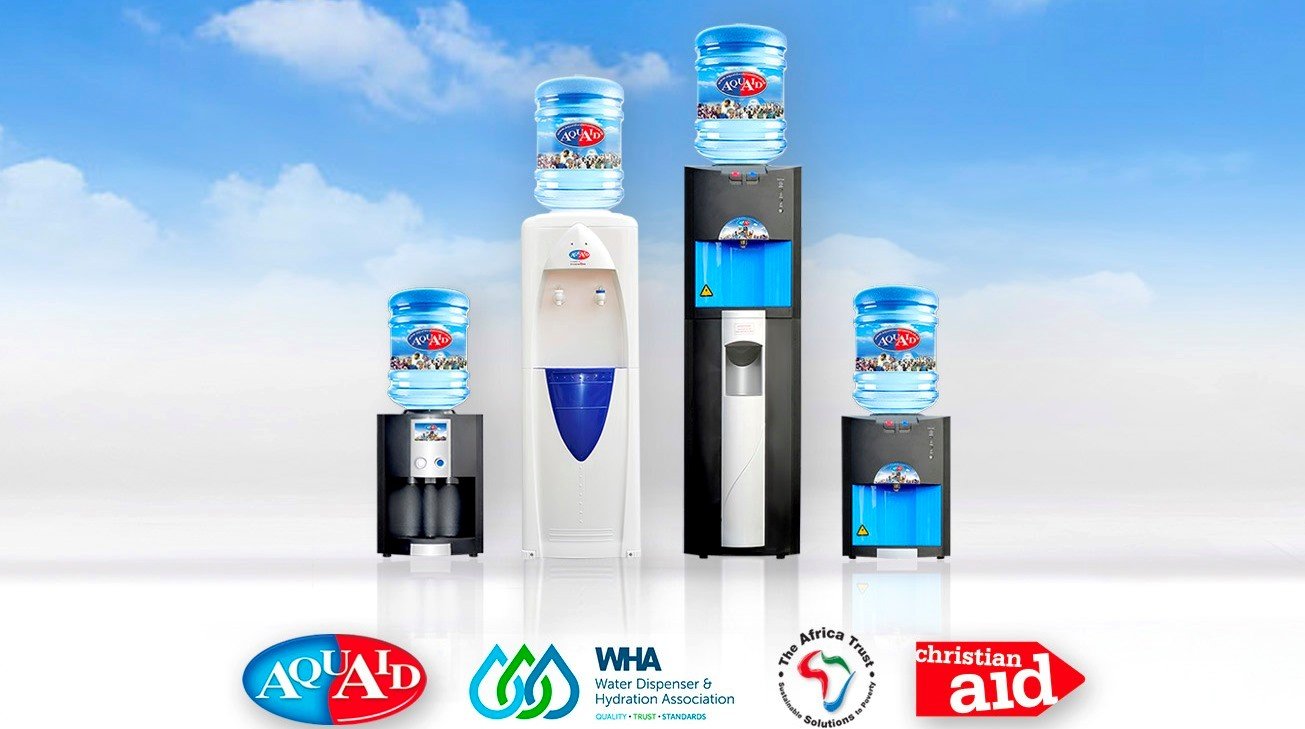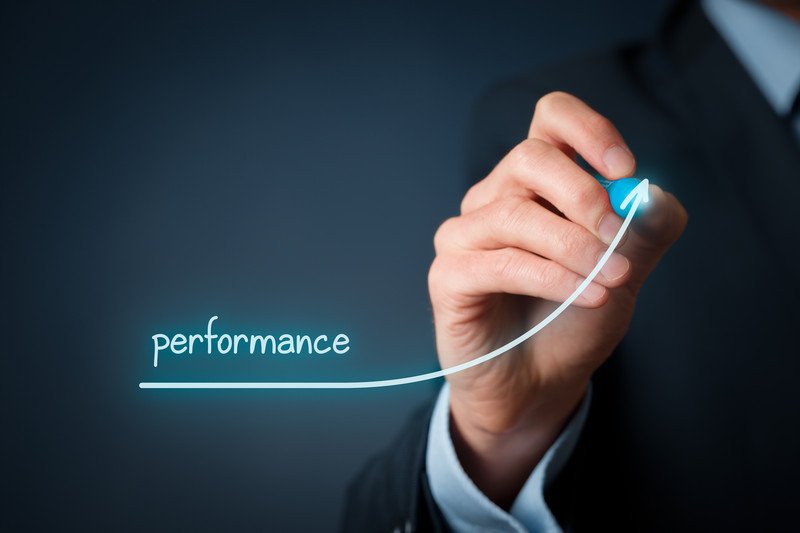
by Fern Shaw | Dec 7, 2021 | aquaid, bottle fed water coolers, water cooler, Water Coolers
Other than the differing terminology, essentially there is no difference.
Bottled, bottle-fed, bottled water coolers are ideal where portable water or a mains water supply is unavailable. The water coolers provide an efficient method of dispensing refreshing cool and chilled drinking water for any size business, in any industry, including big, medium or small offices, workspaces, construction sites, hotel and catering, schools, colleges and universities.
What is different are the benefits that come standard with every rental, purchase and installation of an AquAid water dispenser, be that a bottled or mains water cooler or water boiler. Benefits that include:
- Free on-site survey to assess your water dispenser requirements.
- 48-Hours delivery and installation of bottle-fed water dispensers.
- With 23 branches across the UK, you have the benefit of an AquAid branch at your convenience.
- Efficiency – whether you need additional bottled water delivered (usually within 24 hours) or you are benefitting from our automatic water cooler sanitisation every three months.
- For every bottle of water we deliver, there is an automatic donation to the charities we support. Charities that implement clean water resources for thousands of communities in need across Africa.
Whatever your bottle-fed, bottled or bottle water preferred terminology, contact us today and benefit from the AquAid difference.

by Fern Shaw | Mar 9, 2017 | mains fed water cooler, Water Coolers
*Various campaigns and studies to do with schools and drinking water conducted over the last decade or so have produced a mixed bag of results.
What is clear though: a hydrated child is a much happier child. This fact, combined with you as the parents leading by example and the schools ensuring that drinking water is readily available, makes for a more holistic approach to hydration.
It boosts learning
- The key to boosting the capacity to learn is to keep well hydrated throughout the day.
- When we are thirsty, mental performance including memory, attention and concentration can decrease by around 10%. Pupils concentrate better because they are not distracted by the effects of dehydration such as thirst, tiredness and irritability.
- Children will achieve more when both their health and learning needs are met. Ensuring free access to water and promoting a regular water intake throughout the school day is a vital role for schools in promoting health and providing a healthy learning environment.
It’s healthy!
- Drinking adequate amounts of water regularly throughout the day can protect health and contribute to well-being.
- Drinking sufficient water can help prevent a range of short and long-term health problems that stem from dehydration such as lethargy; dizziness; constipation; headaches and bladder, kidney and bowel problems.
- Water has none of the health problems associated with drinks containing sugar, additives, sweeteners, acids or caffeine.
Parents?
- By keeping yourself hydrated, you teach your children good drinking habits.
- By checking that your children’s school has ablutions that you would use and that there are sufficient drinking points (not only in the toilets), you’re working your way towards ensuring that your children are able to easily hydrate while at school.
And for the school?
- Various studies have shown that schools that lead by example and encourage their children to keep hydrated show a marked improvement in overall attention given as well as learning capabilities.
- A child who is not irritable because of dehydration means that teachers are able to better teach their pupils.
At AquAid, being involved in the provision of water for more than 20 years, we know that keeping hydrated is of vital importance. To this end, we continue to ensure that we provide the right water dispensers to meet the hydration requirements when installing our water coolers into schools, gyms and learning centres across the country.
When AquAid install a water cooler in a school or learning facility, individual water bottles are also supplied to encourage the children to fill their water bottles throughout the day.
Our water coolers can either be Mains Fed for large schools where the water consumption is high, or Bottle Fed for schools where there are no water mains close to a particular area.
*Updated from a blog posted 11 March 2013

by Fern Shaw | Oct 11, 2016 | mains fed water cooler, Water Coolers
We all know how important it is to remain properly hydrated. Many studies over the years have dealt with the adverse effects of dehydration, how it affects cognitive and mental performance, while also causing mood disturbances – not to mention the fact that from a physiological point of view, we simply could not survive for more than a few days without water. But we often underestimate the significance of hydration in the work environment, where performance is key – which is why water coolers are for many, and should be for others, an essential component to ensuring staff productivity.
Statistics from 2004 show that illness absence (with 168 million working days lost) costs UK employers a staggering £12b a year. It was noted that good hydration contributes to workers’ health and safety, and that even mild levels of dehydration adversely affected performance. The importance then of providing drinking water, whether in the form of drinking fountains or water coolers, to ensure staff members remain properly hydrated has not been lost on many of the more responsible industry sectors.
In 2007 the Royal College of Nursing published a Hydration Best Practice Toolkit – the aim was to better inform employees across the various health care fields, how important it was to remain properly hydrated and what the benefits were of drinking enough water. Of the many fact-sheets included in the toolkit, one is particularly pertinent, because it looked specifically at the importance of Water in the Workplace and how that affects productivity – a key performance indicator for any business.
Let’s begin with what constitutes good hydration. The amount we should be drinking each day depends on a number of factors, but there is an ideal range dependant on gender – if you’re male, you should be frequenting water coolers more often than women, because you need between 1.2 and 3 litres of water per day, while women need less – between 1.2 and 2.2 litres.
According to the fact-sheet, these are some of the early signs of dehydration:
Light-headedness, dizziness, tiredness, irritability, headache, sunken features (particularly the eyes), flushed skin, heat intolerance, dry mouth, throat and eyes, and skin that is loose and lacks elasticity. There may be a burning sensation in the stomach, urine output will be reduced, and may appear darker than usual.
Throughout the day we lose water from our bodies in a variety of ways: urine, evaporation from our lungs and skin when we breathe, perspiration, and a small amount is lost in faeces. Environmental factors also play a part in how much water we lose each day, and our bodies only perform efficiently if we restore the water balance. Check over here In order to do so we need to be vigilant about consuming fluids and there needs to be easy access to drinking water throughout the day. In Part II of this two-part blog series we take a closer look at the health and performance benefits of remaining hydrated, and how that benefits productivity during the work day. In the interim, for a wide variety of high-quality water coolers, whether Bottled or Mains Fed, whether to buy or rent, call AquAid today.



